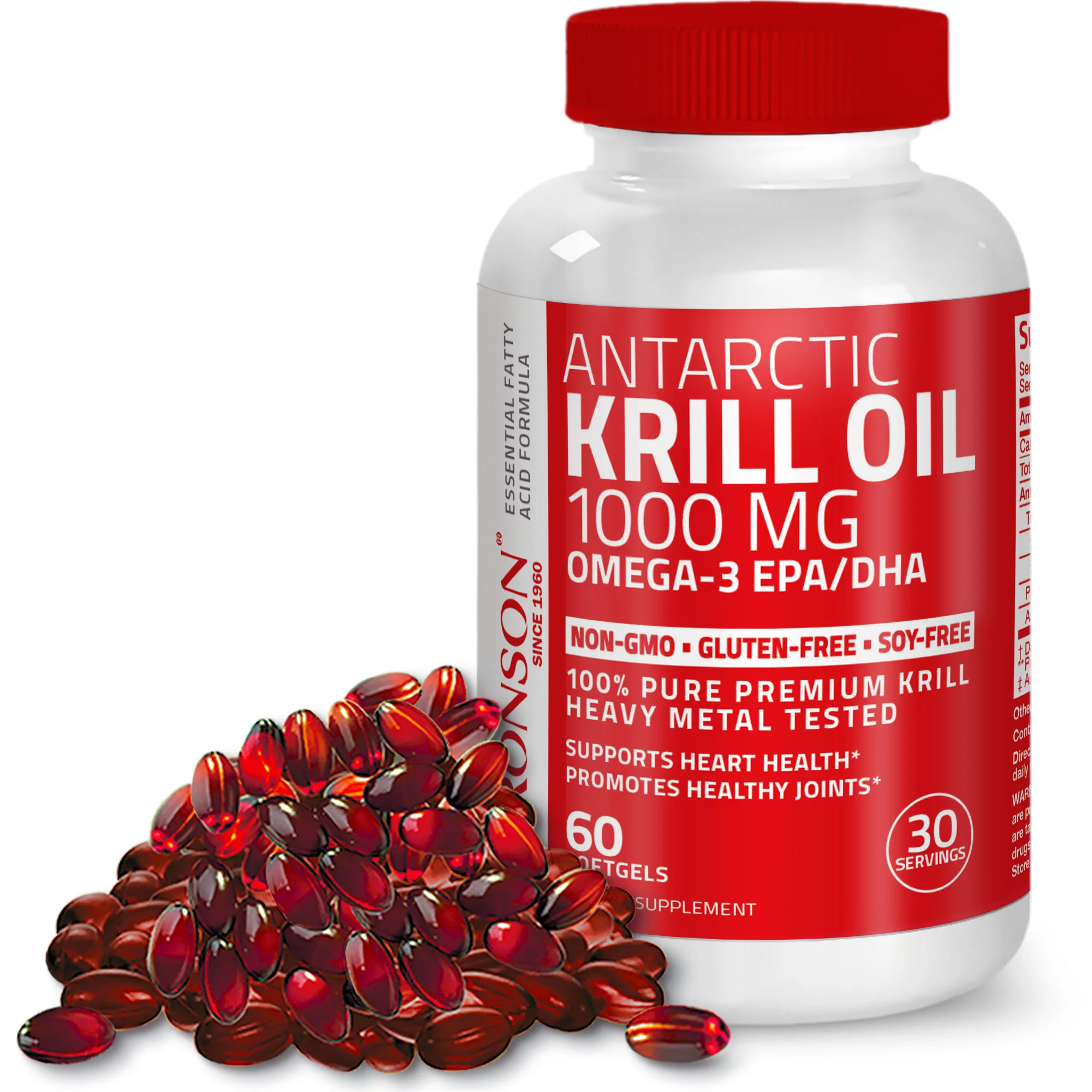
Antarctic krill oil is gaining recognition for its potential health benefits, particularly in supporting joint function. Extracted from tiny, shrimp-like crustaceans found in the cold waters of the Antarctic Ocean, krill oil is rich in omega-3 fatty acids, phospholipids, and antioxidants. This unique composition offers several advantages over other sources of omega-3s, making it an attractive option for those looking to improve joint health. This article will explore how Antarctic krill oil supports joint function and why it may be a superior choice for maintaining joint health.
Understanding Joint Health
Joints are the connections between bones that provide support and facilitate movement. Healthy joints are essential for mobility and performing everyday activities. Over time, wear and tear, injuries, and inflammatory conditions like arthritis can affect joint health, leading to pain, stiffness, and reduced function.
The Role of Omega-3 Fatty Acids
Omega-3 fatty acids, particularly eicosapentaenoic acid (EPA) and docosahexaenoic acid (DHA) are essential for maintaining overall health, including joint function. These fatty acids possess potent anti-inflammatory properties, which can help reduce joint inflammation and pain. Chronic inflammation significantly contributes to joint problems, and reducing inflammation can alleviate symptoms and improve joint function.
Krill Oil vs. Fish Oil
While fish oil is a well-known source of omega-3s, Antarctic Krill Oil offers some distinct advantages. Krill oil contains omega-3 fatty acids in the form of phospholipids, which are more easily absorbed by the body compared to the triglyceride form found in fish oil. This higher bioavailability means that the omega-3s in krill oil can be more effectively utilized by the body, potentially leading to more significant benefits for joint health.
The Benefits of Phospholipids
Phospholipids are a type of fat that is integral to cell membranes. They play a crucial role in maintaining cells’ structural integrity and function. In krill oil, the presence of phospholipids enhances the delivery of omega-3 fatty acids to the body’s tissues, including the joints. This efficient delivery system supports the incorporation of omega-3s into cell membranes, where they can exert their anti-inflammatory effects more effectively.
Astaxanthin: The Antioxidant Advantage
Another critical component of Antarctic Krill Oil is astaxanthin, a powerful antioxidant. Astaxanthin provides several health benefits, including protecting cells from oxidative damage caused by free radicals. Oxidative stress is a factor in joint degeneration and inflammation, and antioxidants like astaxanthin can help mitigate these effects. By reducing oxidative stress, astaxanthin supports joint health and may help slow the progression of joint-related issues.
Clinical Evidence Supporting Krill Oil for Joint Health
Several studies have investigated the effects of krill oil on joint health, with promising results. Research has shown that krill oil supplementation can reduce arthritis symptoms, such as pain and stiffness, and improve overall joint function. In a study published in the *American Journal of Clinical Nutrition*, participants with osteoarthritis who took krill oil experienced significant reductions in pain and stiffness compared to those who took a placebo.
Another study published in *Nutrition Research* found that krill oil supplementation reduced inflammatory markers in the blood of participants with mild knee pain. The reduction in inflammation was associated with improvements in joint function and a decrease in the need for pain medication.
Krill Oil for Joint Mobility and Comfort
Joint mobility and comfort are critical for maintaining an active lifestyle. Joint mobility can decline as we age, leading to discomfort and limited movement. Krill oil’s anti-inflammatory properties can help maintain joint mobility by reducing inflammation and supporting cartilage health, the tissue that cushions joints.
In addition to reducing inflammation, krill oil may also support the production of synovial fluid, the lubricating fluid in joints. Adequate synovial fluid is essential for smooth and pain-free joint movement. Krill oil can contribute to better joint comfort and flexibility by promoting synovial fluid health.
Dosage and Safety Considerations
When considering krill oil supplementation, following the recommended dosage guidelines is essential. Most studies have used doses ranging from 300 to 1000 milligrams per day. It is advisable to start with a lower dose and gradually increase it, as needed while monitoring for any adverse effects.
Krill oil is generally well-tolerated, but some individuals may experience mild side effects such as gastrointestinal discomfort. As with any supplement, it is essential to consult a healthcare professional before starting krill oil, especially if you have any pre-existing health conditions or are taking other medications.
Conclusion
Antarctic krill oil offers a unique and effective way to support joint function. Its combination of highly bioavailable omega-3 fatty acids, phospholipids, and the antioxidant astaxanthin provides a comprehensive approach to joint health. By reducing inflammation, protecting against oxidative stress, and promoting joint mobility, krill oil can help maintain healthy joints and improve quality of life. Antarctic krill oil is a valuable option for those seeking a natural solution to support joint function.
Click here for more info: Friend of The Sea







